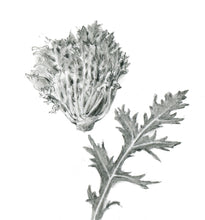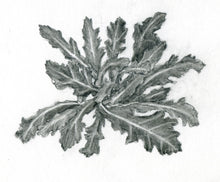Scientific name: Brassica nigra (L.)
Common name: Mustard
General description: Mustards are two-genera plants belonging to the Brassicaceae family, which includes a large number of plants such as cabbage, cabbage, and turnip. Some of the oldest records of its use are in Sanskrit texts from the Sumerian civilization (3000 B.C.), and it has been used continuously for both medicinal and alimentary purposes.
The leaves are edible, but the most common use is for the seeds, which are used as a spice. The mustard seeds are mixed with water, vinegar, and other ingredients to make a mustard sauce. The so-called Dijon mustard, for example, has been known since the 12th century and is made exclusively in this French region of Burgundy.
We have the following varieties:
- 'Mizuna' mustard with jagged, pointed leaves.
- 'Namenia' mustard with broad, long leaves.
Nutritional data: They contain a lot of dietary fiber and are an excellent source of vitamins A, B, C, E, and K and minerals like calcium, manganese, iron, phosphorus, and magnesium.
GROWING CONDITIONS
Climate: Mild, preferably with a cool rainy season and dry summers.
Soil: Well-drained and rich in organic matter.
Watering: Requires frequent watering and can hardly stand dry spells.
Associations: Beans, carrots, parsley, chamomile, pumpkin, hyssop, lettuce, peppermint, onion, potato, rosemary, sage, spinach, and thyme.
Sowing time: February to November.
Harvest time: All year round.




